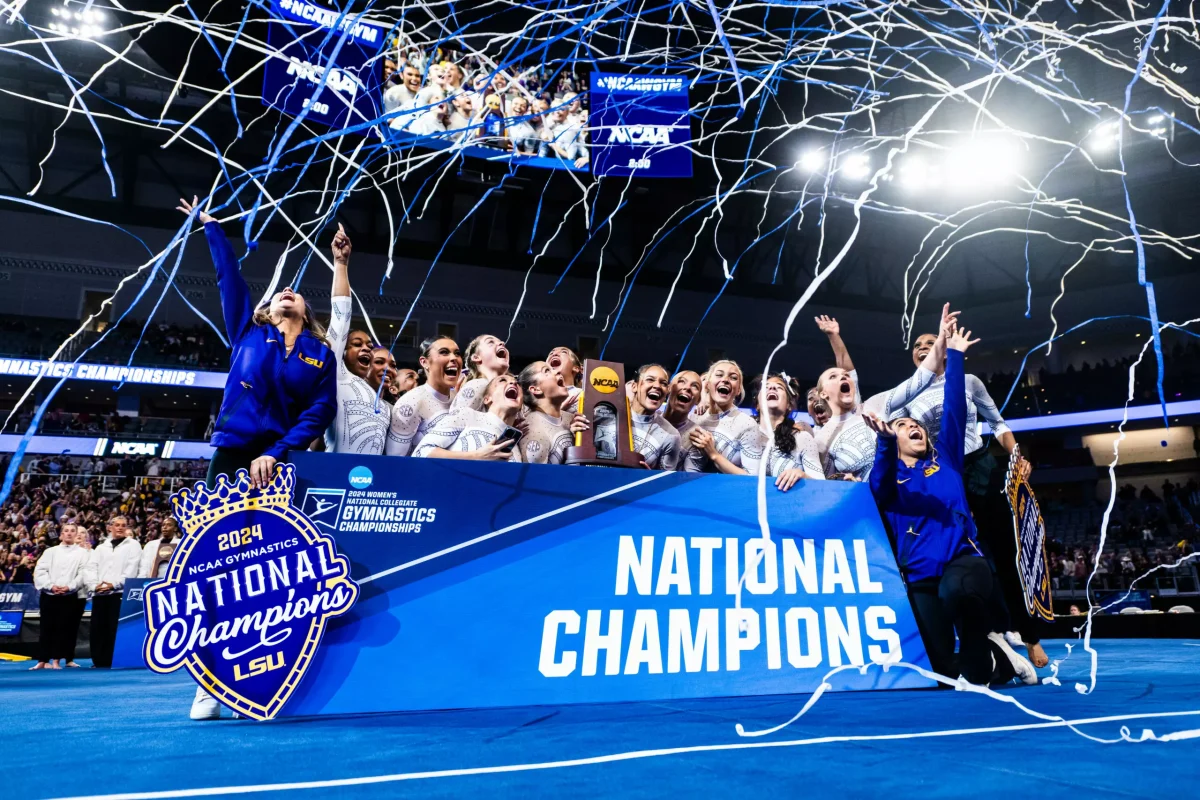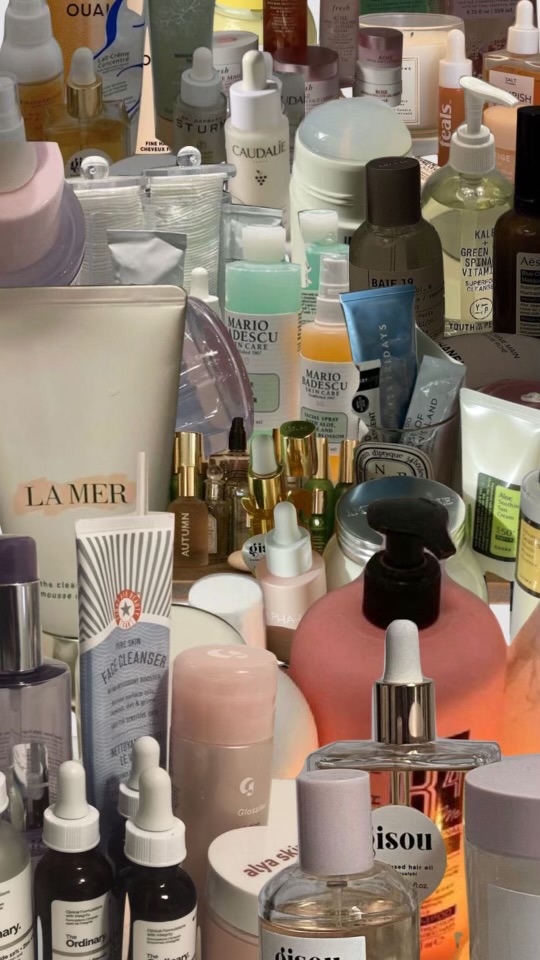AP teachers weigh in on the impact of COVID-19 on AP testing

More stories from Linus Kaechele
Five laborious years of preparation. Thousands of words. Countless conjugations and meticulous grammar rules.
The typical AP French exam has a four-hour duration that consists of multiple questions that test a student’s proficiency in writing, reading, listening, speaking, and overall mastery of the French language.
In 2020, however, that test was altered drastically.
“Instead of a four-hour test, their [test ended up being a] speaking test [of] three minutes and 50 seconds,” French teacher Laurie Van Houten said. “Five years of work [went] down to three minutes and 50 seconds of testing to decide if you get college credit. It was crazy.”
In the middle of March, international school shutdowns left College Board in a frenzy to decide how to orchestrate the testing of dozens of AP tests for millions of students in one of the most outlandish situations imaginable. With barely six weeks of preparation, the alterations to College Board’s tried-and-true testing method proved to be convenient for no one.
Students were left to scramble to prepare for tests that even their teachers were unsure of. Those same teachers were forced to amend lesson plans in order to teach any remaining information.
For AP Calculus and AP Computer Science teacher Joseph Smith, the struggle to fit in those last weeks of preparation was very apparent. Despite an immense amount of preparation that allowed him to finish learning material by spring break, Smith was no stranger to the fear all AP teachers faced this past year.
“The biggest change was the last-minute redesign of the AP test,” Smith said. “It was nerve-racking because I didn’t know what to expect, but I prepared the kids to expect anything, and it worked out in the end.”
Smith’s success story, however, is not shared by everyone who was a part of AP testing last year. That’s why, this year more than ever, College Board and AP teachers everywhere are doubling down on preparations on the off-chance that AP Testing takes a similar turn for 2021.
Though there are plans currently in the works in case of another virtual testing year, College Board and AP teachers remain hopeful that 2021 will present a much-needed return to normalcy.
“Ideally, [AP Tests this year] are [going to be] the same that they have been in the past—with the exception of last year,” Smith said. “However, that is subject to change based on COVID-19. I believe the College Board has said that if your school is in session and face to face, then you are expected to give the typical paper and pencil test. They are waiting to announce other details until January.”
Though, for AP Art teacher Tyler Fewell, he expects that his artists-in-training will once again experience a situation similar to last year’s.
With AP Art being an extremely niche course, few are aware of the changes made last year and how they will affect this year’s testing as well.
“The AP Art exams are kind of like the odd duckling of the AP crowd, if you will,” Fewell said. “The exam is the submission of a body of artwork that they work on throughout the year. In a normal year, students submit [their art] online and five pieces are submitted in the mail. This year, it’s all digital, so the judges won’t be able to evaluate the art in person—for better or for worse.”
When it comes to the future of AP testing, it’s become very obvious that no one can ever be guaranteed anything. However, Fewell expects that, other than the switch to digital submissions, little will be changed for AP Art.
“The only thing that could change is that [College Board] might reduce the number of required pieces,” Fewell said. “But, that would probably require things to get pretty bad, and we hope that it doesn’t come to that. Otherwise, I don’t foresee any significant changes from their side of things.”
Van Houten shares the same outlook for her AP French students, and despite all the challenges she has had to overcome in order to teach during these times, she’s glad to know that College Board now has the experience necessary to create a more positive testing experience even under the direst circumstances.
Her main expectation is that College Board won’t let what happened last year happen again.
“The goal is to have [AP Tests] go back to what it was before COVID-19,” Van Houten said. “If we have to be virtual, I’m sure that they have a lot of people working on how we are going to do it and make it better than last year, but as far as I know, [the test] should go back [to normal], hopefully.”
For Van Houten, she plans to treat this year like normal, taking it one day at a time and doing her personal best to help her students in whatever way possible.
“I know some people are really concerned about COVID-19,” Van Houten said, “and we should be, absolutely. But, if I take that concern away, I know that I’m doing [all] I [can] do [to prepare my students]. I’m certainly happier having my kids here [opposed to hybrid]; I think it’s a better experience for them.”
For Fewell, one of his main concerns is the future of the AP Art program.
“What’s great about AP Art is that it thrives off of itself,” Fewell said. “The social element is also important, and I [look forward to] removing that stiffness caused by COVID-19.”
And for Smith, both this year and last year have been eye-opening and have bettered him as a teacher.
“[This experience has taught me] flexibility, patience, humility, and empathy,” Smith said.

Linus Kaechele is a senior entering his final year on staff for The Central Trend, and though he is apprehensive of the current situation, he plans to...
























































































